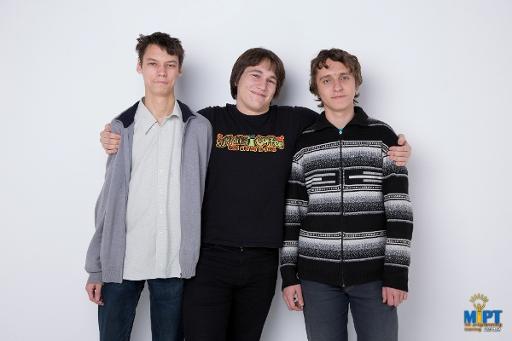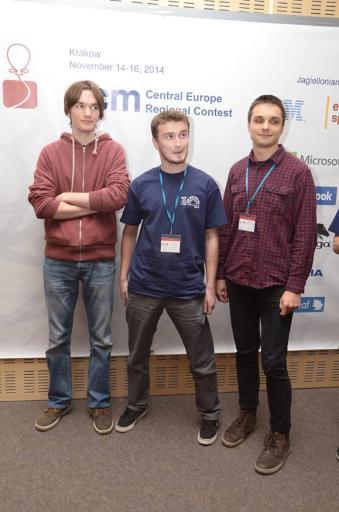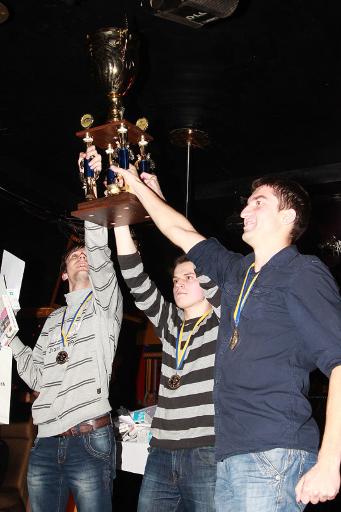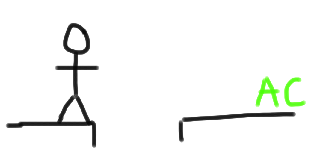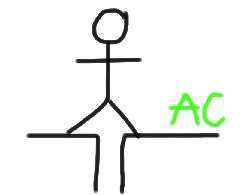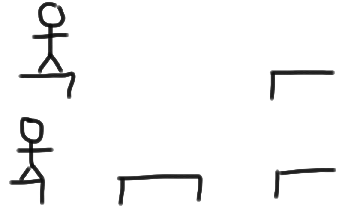
The last but not the least interesting team is ITMO University's team 1.
ITMO has most championship titles, 5, out of 19 finals they participated in. They've got 10 Gold medals total, 1 Silver and 1 Bronze.
This year team consist of 2 Bronze Medalist from 2014, Borys and Artem, and World Champion from 2013, Gennady. Team is on first place in OpenCup Standings, won numerous contest this year and universally regarded as favorite to win World Finals, are coached by Andrey Stankevich.
Gennady Korotkevich (TC: 3794, CF: 3407) is one of the most honored coders ever. ACM ICPC Champion in 2013, TCO Winner in 2014, GCJ Winner in 2014, IOI Gold Medalist for a whooping 6 years (2007-2012), that's in addition to SIlver (2006) and many more achievements like Facebook Hacker Cup wins.
Borys Minaiev (TC: 2760, CF: 2776) won Bronze in last year Finals, was TopCoder Open Semifinalist in 2014, Facebook Hacker Cup Finalsit in 2015 and got 3rd place in Kotlin Challenge in 2014.
Artem Vasilyev (TC: 2612, CF: 2545) got World Finals Bronze in 2014 and was KROK Finalist in 2013.
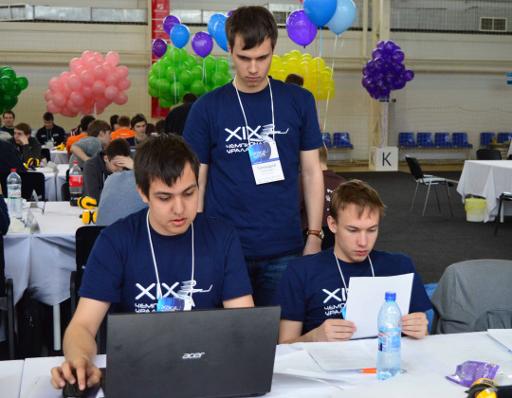
It would be really unlikely for ITMO not to win Gold Medals, I have their chances at 99%. I think their chances to win is about 75%.
Create your own ICPC cheering party, join one in you city or just follow ACM ICPC World Finals Live










